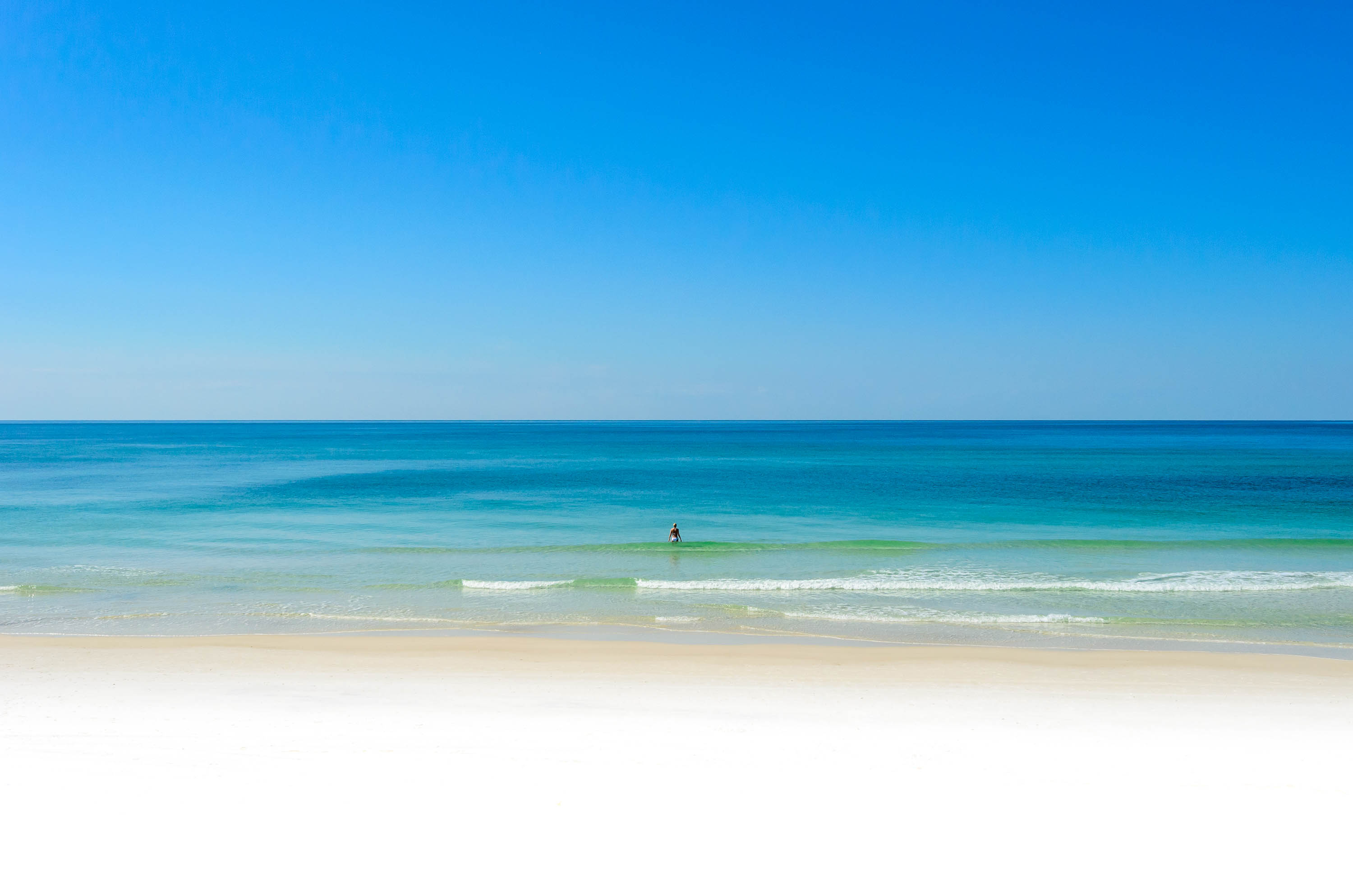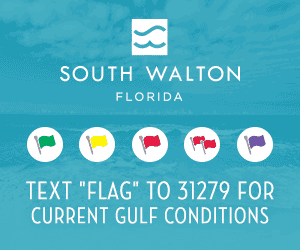Front Page
Northwestl Florida Daily News.
Sunday, July 15th
PUBLIC OR PRIVATE?
Beach conflict making waves
By HEATHER CIVIL
heatherc@nwfdailynews.com
Lola Carlisle of Atlanta and her family thought they were going to jail when they encountered an angry property owner on the beach in Seagrove earlier this month.
The children were building sandcastles near the public beach access on Pelayo Street off County Road 30A.
Little did they know that they had started their sand art on private property behind the Jasmine Dune subdivision.
When an unidentified man confronted them and told them to move off the beach he owns, Carlisle got scared and called 911.
?It was very upsetting,? she said.
Although the white sand may appear welcoming, beachgoers need to be careful where they lay down their towels. Some areas of the beach are considered private property, and those who venture onto the sand could find themselves in danger of being arrested for trespassing.
In Carlisle?s case, Walton County sheriff ?s deputies responded to her call and told her to move a few hundred feet to the public sand nearby. Although she questioned whether she really stood on private property, Carlisle opted to relocate her family for fear that she would get arrested.
The incident happened July 5, the same day that tourist Eduardo Gonzalez was arrested for trespassing on a private beach in another part of South Walton.
In Okaloosa County, beachgoers are trespassing if they are more than 20 feet away from the wet sand area of a private beach, while in Walton, beachgoers are trespassing if they are on the dry sand of a private beach.
?We?re just enforcing the same policies we?ve always enforced,? Walton County Sheriff?s Office spokesman Lt. Bryan Maule said.
Some beaches are private property created as part of subdivisions and other developments.
Gonzalez, 47, was arrested after a private security guard at the Retreat at Blue Mountain Beach called the Sheriff?s Office and reported him for trespassing on a private beach.
The Atlanta resident told lawmen that he would not move to the public beach only three feet away. He was arrested, booked for misdemeanor trespassing and later released on $500 bond.
Neither Gonzalez nor Frank Flautt, president of the Retreat of South Walton County homeowners association, returned phone calls.
Incensed by her encounter with the angry property owner in Seagrove, Carlisle did some research.
She learned of a 1974 Florida Supreme Court opinion that she thinks could give beachgoers some muscle in fighting private property owners.
In City of Daytona Beach v. Tona-Rama Inc., the state Supreme Court recognized the common law principle of ?customary use? by the public of Florida?s dry sand beaches.
The court said the property owner in the case could not interfere with the public?s established right to enjoy the beach.
But whether the public has enjoyed customary use of the private beaches along the Emerald Coast has not been determined.
A 2002 legal opinion from the state attorney general?s office to Okaloosa County officials states in part that until a court establishes a ?customary right of use? of a private beach by the public, the beach remains private property.
That means trespassing laws apply.
Determining where public beach ends and private beach begins is not easy, said Okaloosa County Sheriff?s Office spokeswoman Michele Nicholson.
The state says that anyone with title to the beach owns to the mean high water line.
However, that line shifts over time. That?s why Okaloosa gives beachgoers 20 feet of leeway on private beaches.
?If somebody wants to challenge (private beach ownership) and take it through the courts, it?d be interesting to see how it turns out,? Nicholson said.
Walton County has 48 public beach accesses, Destin has 12 and there are at least a dozen more in Okaloosa and Santa Rosa counties.
The majority of beachgoers and tourists seem to find their way safely onto public sand without incident.
Many private beaches have signs posted that warn wouldbe trespassers to stay away.
Carlisle said she didn?t see any private property sign in Seagrove.
She said incidents such as the one she experienced make Walton County appear unwelcoming to tourists. She and her family have vacationed in Seagrove for 10 years and had never been told to move off private beach before, she said.
?This feels like our vacation spot,? she said. ?We definitely have a lot of respect for the beach here. We love it.?
Walton County Tourist Development Council Director Kriss Titus said most visitors have no troubles on the beaches.
It?s up to the rental properties to make sure that visitors know where they can go to the beach, Titus said.
?I don?t think we are unfriendly in Walton County,? she said.













